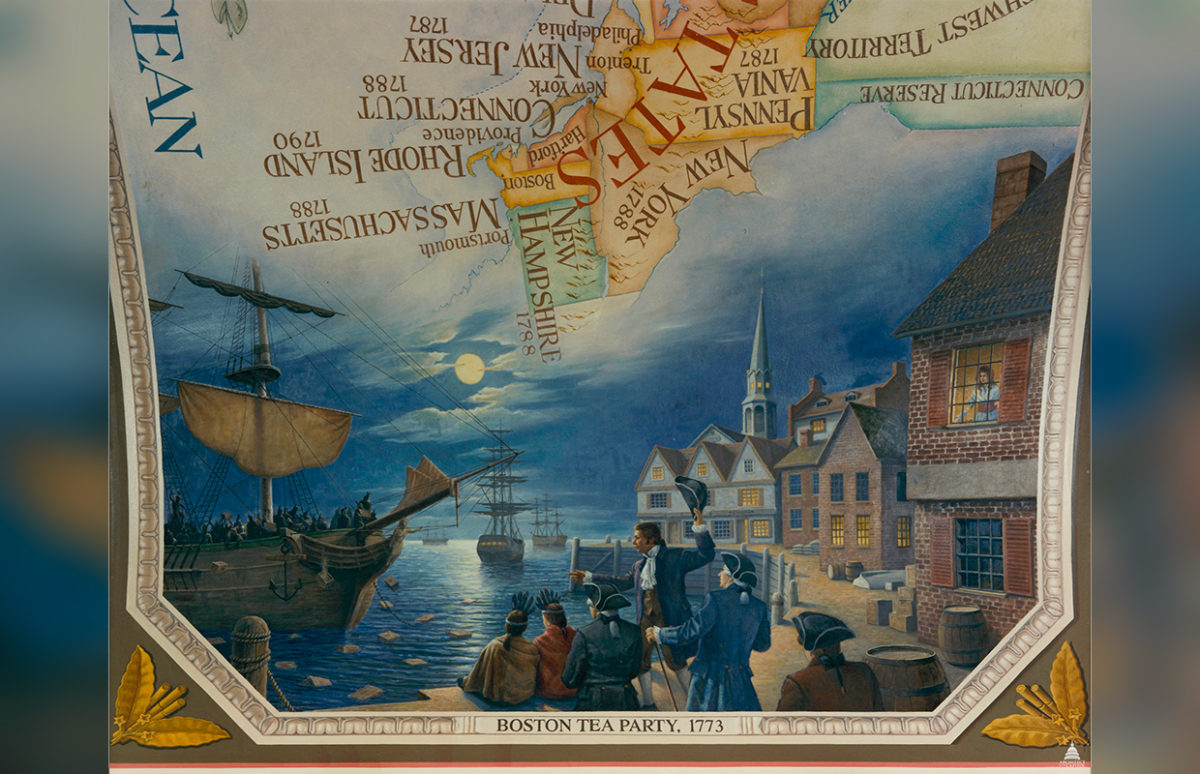
The Boston Tea Party wasn’t a social event. It was an act of rebellion and it helped start the movement for the U.S.A. to become independent from Britain. In 1773, Boston was the capital of Massachusetts, one of 13 British colonies in the future United States. For several years, the British government, in financial trouble, … Continue reading “Starting a Revolution with Tea in Boston”
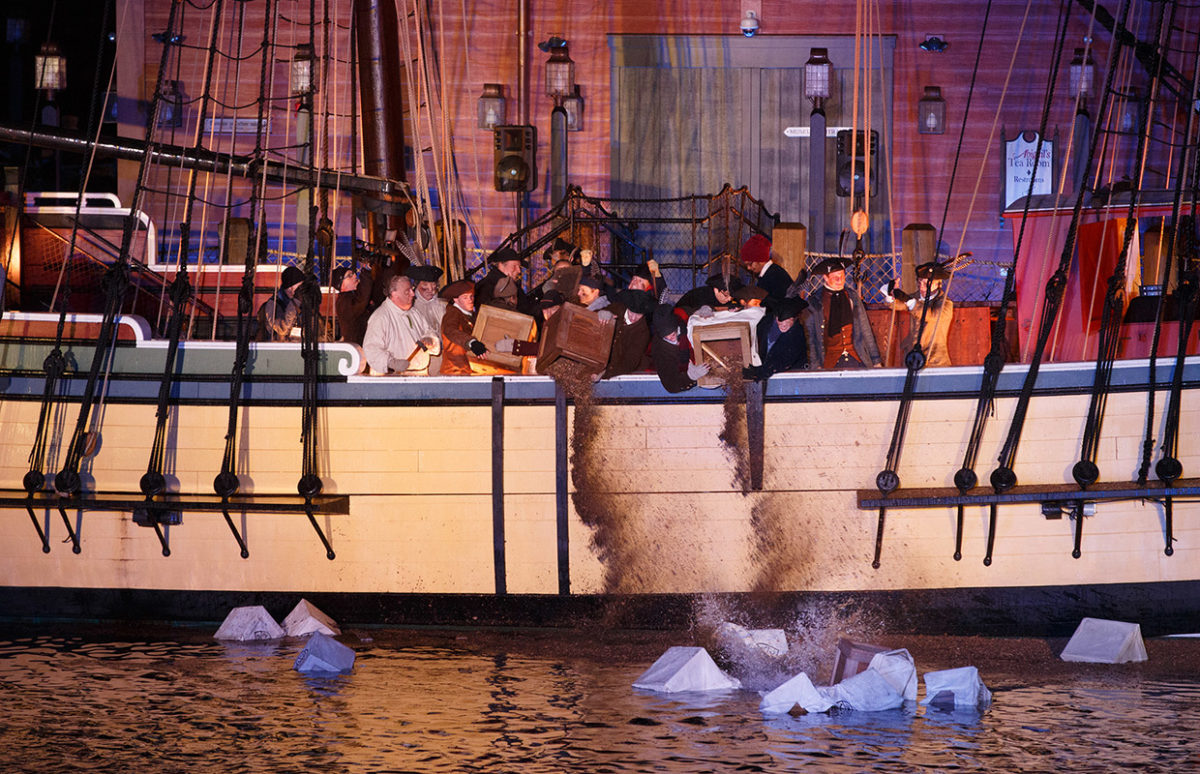
On 16 December 1773, an event took place that went on to spark the American Revolution: citizens of Boston, Massachusetts, dumped hundreds of crates of tea into the sea to protest against British “taxation without representation”. This December, the city is celebrating the 250th anniversary of the Boston Tea Party. This article paired with two … Continue reading “250 Years of U.S. Democracy: The Boston Tea Party”
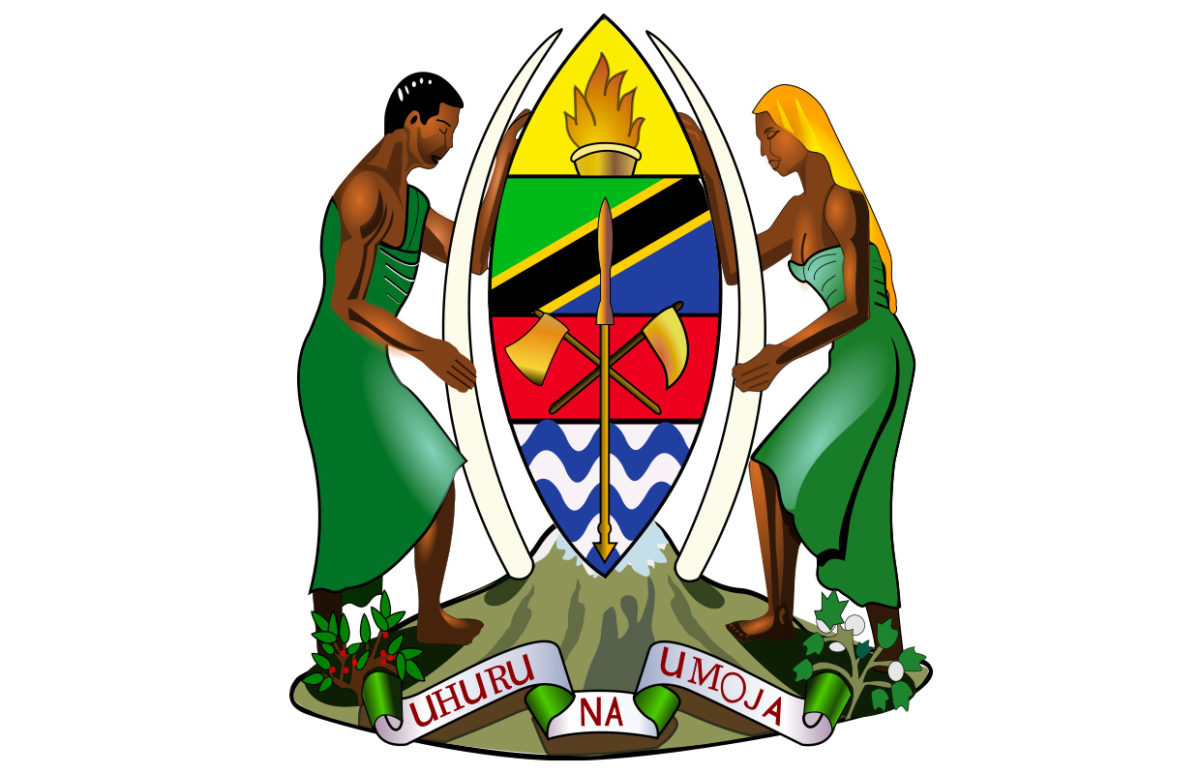
7 July will be the first edition of World Kiswahili Language Day. The United Nations designated the official day in recognition of a language that is spoken by 200 million people across Africa. It is gaining in popularity and could one day replace English and French as a lingua franca native to the continent. In … Continue reading “Spreading Swahili”

On 21 October, the Caribbean nation of Barbados took the first step towards becoming a republic when the joint houses of Parliament chose Dame Sandra Mason as the country’s first president, to replace Queen Elizabeth II as head of state. Ms Mason, a trained lawyer and former magistrate, has been the Governor-General of Barbados since … Continue reading “Barbados Elects its First President”
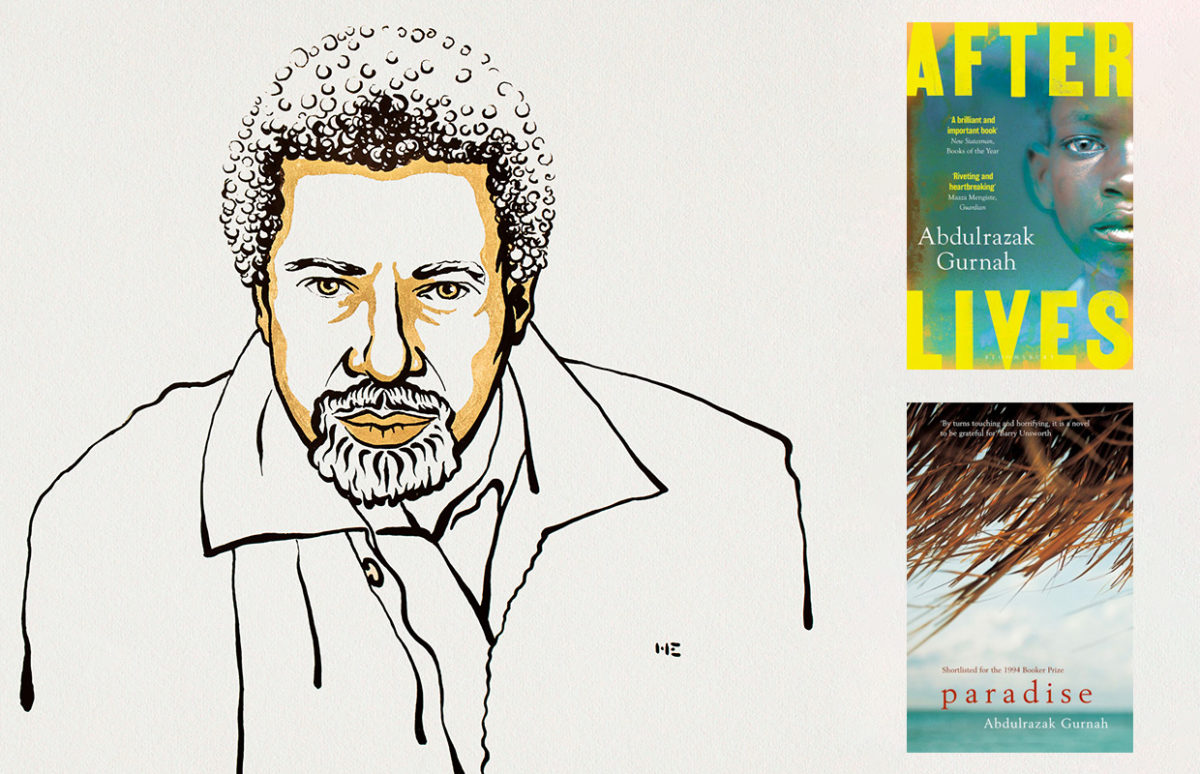
The 2021 Nobel Prize for Literature has been awarded to Abdulrazak Gurnah from Tanzania, whose own experience of colonialism and exile have informed his ten novels as well as short stories and academic works. Gurnah was born in 1948 and brought in the island nation of Zanzibar off the coast of East Africa. At the … Continue reading “2021 Nobel Prize for Literature Turns the Spotlight on East Africa”
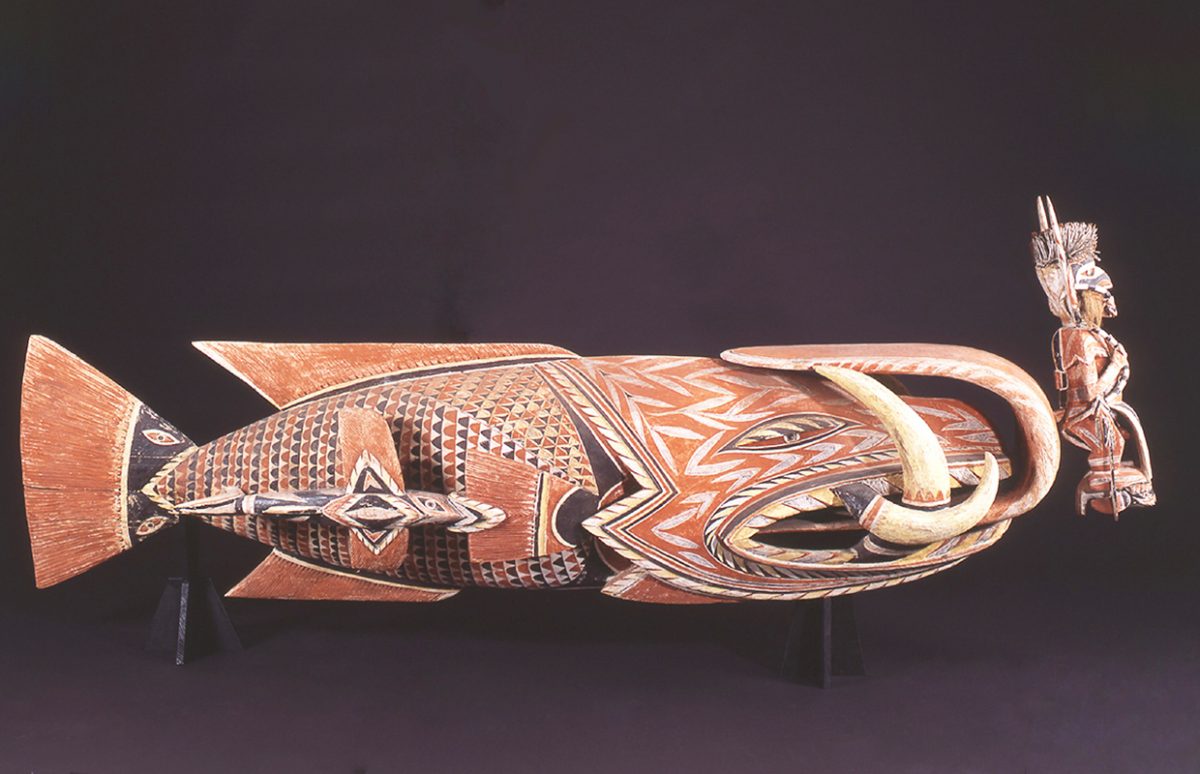
A new exhibition at the Musée Quai Branly-Jacques Chirac explores the vast continent of Oceania, where water is omnipresent in real and metaphorical senses. The exhibition was originated at the Royal Academy in London to commemorate the journeys of James Cook in search of a mythical southern continent in the late Eighteenth Century. Cook never … Continue reading “Discovering Oceania”
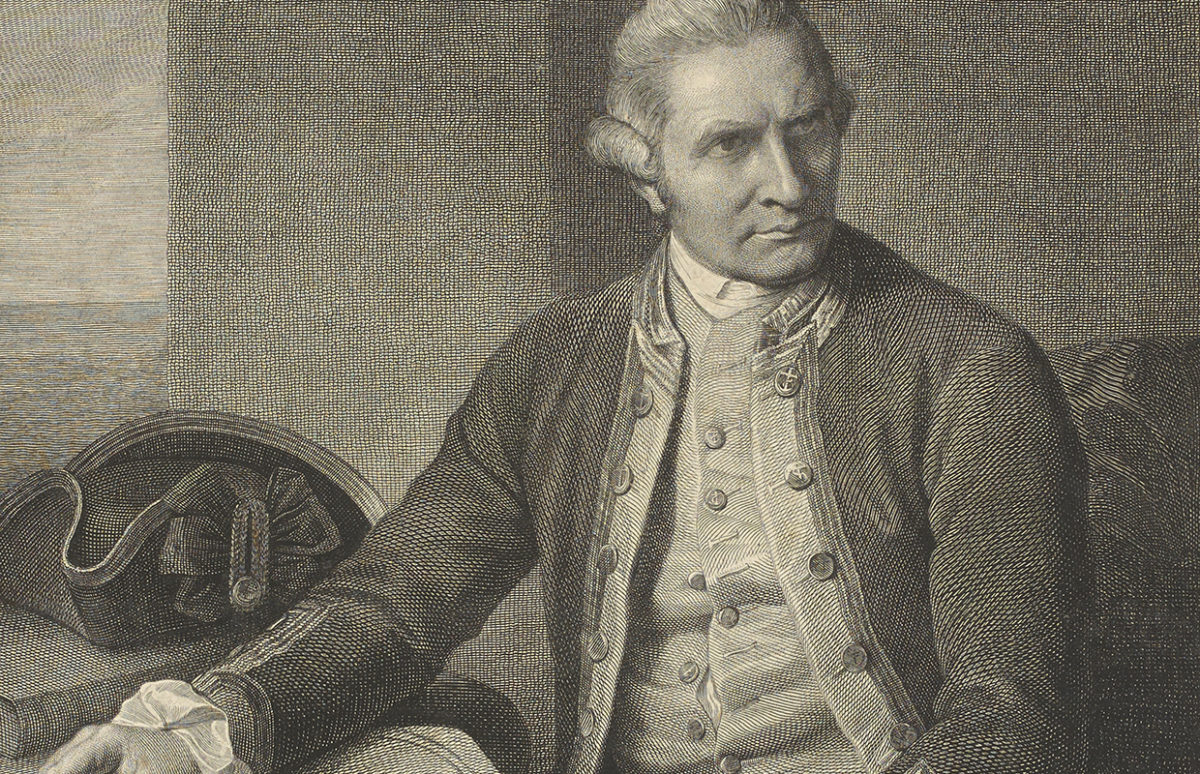
250 years ago, Captain James Cook led the first of three expeditions to the Pacific which led to the colonisation of Australia and New Zealand. An exhibition at the British Library looks at the legacy of those expeditions, for Britain but also for the populations in the territories Cook visited. Cook was a Royal Navy … Continue reading “Captain Cook: Voyages to the Pacific”
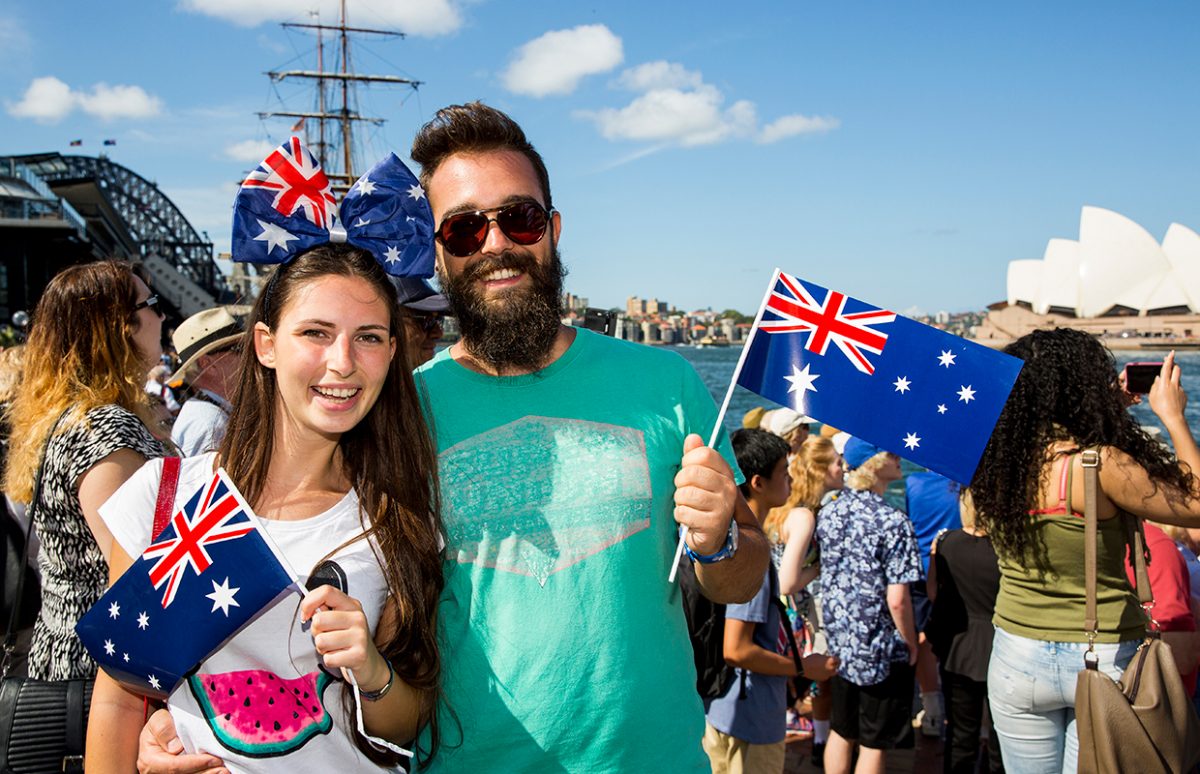
Australians celebrate their national day on 26 January, the anniversary of the first British colonisation of the continent in 1788. On 26 January, 1788, the British flag was first flown over the penal colony that was to be established at Sydney Cove. It marked the end of a nine-month journey for the 1,500 people, half … Continue reading “Australia Day”












